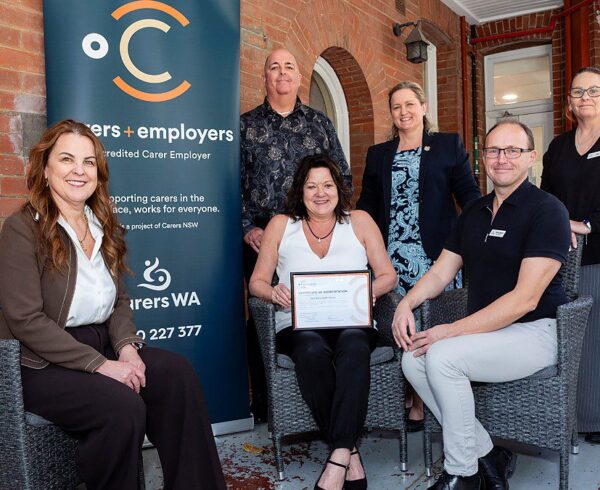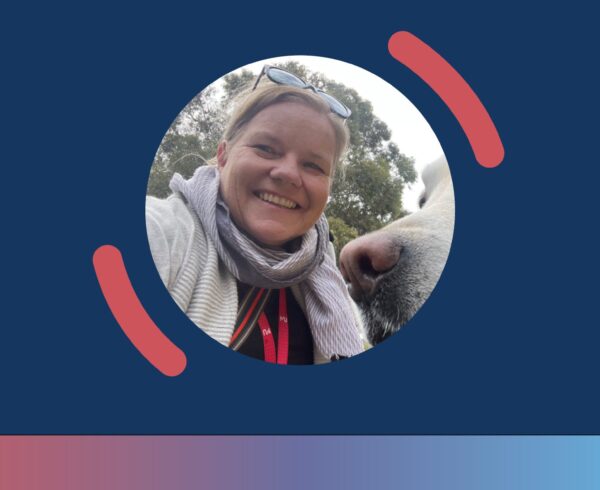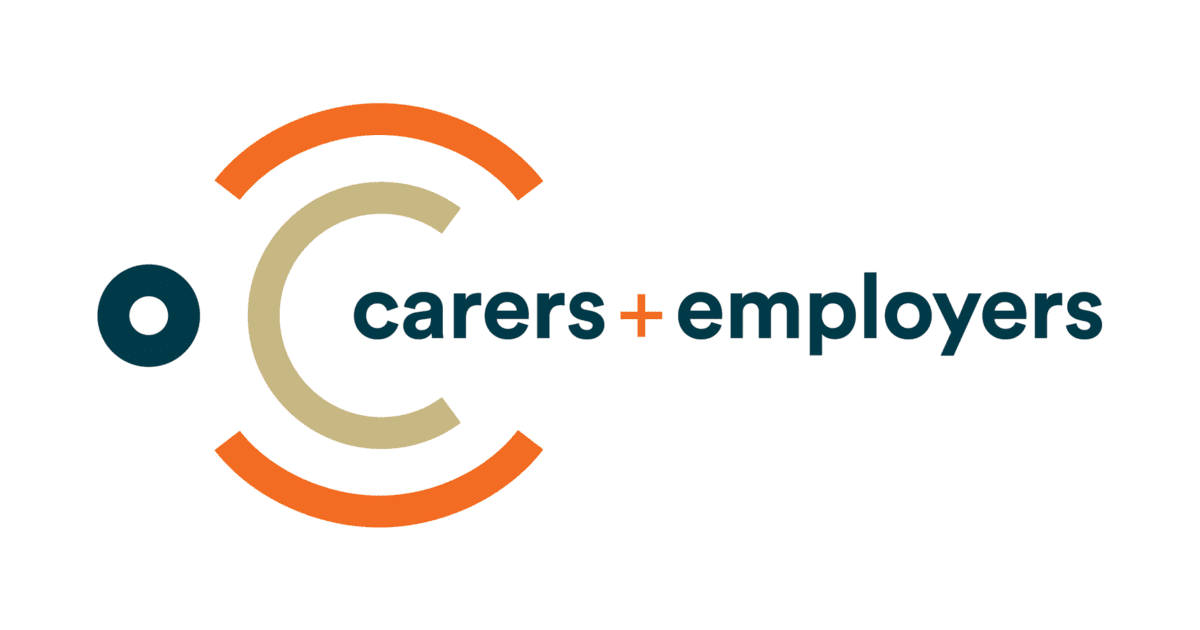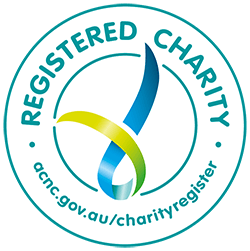CAPTION: Pictured on the left: William, Troy, Tory and on the right: the instructor, Zahara and Jadzia rafting.
Did you know there are over 40,000 young people in WA who have a sibling, parent or family member with disability, physical or mental health challenges? Everyday these young carers take on additional responsibilities that most other young people don’t have to.
Nine-year-old William, 12-year-old Jadzia and 17-year-old Tory each help to care for their 15-year-old sister, Zahara who was born with a rare genetic disorder, called DDX3X, which includes moderate intellectual disability, Autism and Cerebral Palsy. Their super proud Dad, Troy Semmens is an Education Officer who has been with Communities for five years. “My family is everything – we support each other,” says Troy.
Together with his wife, Ella, and three children, the family care for Zahara, fondly known as Zee. Described by her Dad and sisters as friendly, bubbly and full of positive energy, and then by her little brother as his annoying sister with Autism, Zahara has shaped her siblings to be resilient, emotionally intelligent and wise beyond their years. In caring for Zahara, the three siblings have, in their own words, learnt patience, responsibility, kindness and compassion.
“It has forced me to have more responsibility compared to other kids my age and to think about the future in terms of what I choose to do and what Zahara will be doing and to calm down and not yell. I’ve also learnt to be a problem solver especially when it involves other people,” says big Sister Tory.
“I sometimes remind people, like my classmates to do the right thing, or to stay on track with a task, because that’s what I do with Zahara,” says Jadzia.
Together the young carers help to keep Zahara on task with everyday activities and chores and undertake companion duties, which include attending to Zahara so that she can take part in social activities and hobbies. Jadzia who is often by Zahara’s side is careful to help but not do things for her so she can support her Sister’s learning and independence. She enjoys doing art and playing dinosaurs, dolls and teddies with Zahara.
For Tory, helping Zahara is also about keeping things fun. “I try to incorporate games and songs when I’m helping her. I help with showering, personal care things, like dressing and I give her guidance with things I know she can do on her own if she knows the steps. I also do things that annoy her to get a reaction, like giving her a hug when she doesn’t really like it or jumping on her bed and her telling me to get off! I like tickling her and hearing her laugh – she likes this too.”
Naturally, Troy is very proud of his children’s caring qualities and the love, support and care they provide to Zahara. “They are understanding and accepting of others, particularly those who are different, and they are focused and vigilant.”
When asked about some of the things that they love about Zahara, Jadzia says she loves her energy and happiness and willingness and effort to try new things. Tory says that she loves how positive she is and William shares that Zahara is very active and enjoys dancing. He says he’s proud of how good she is at school and that she won the Student of the Year award last year.
For Troy, his most memorable moments with Zahara include the time she ate a whole sponge cake, her first steps, surfing at Bunker Bay and her Darth Vadar/Pony Ride story. “Zahara will usually have a go at things and has a drive to continue to do her best and try new things.”
In 2021 she received a scholarship at her Primary school graduation and earlier this year completed a Kid’s Triathlon.
By all accounts Zahara is determined, tenacious and curious with a strong bond and connection to her family carers. “They take care of people and help them not be late for school. They help me at home. I love Mum because she’s nice and cooks yummy food, I love learning Bahasa Indonesia with Dad (using flash cards) and when he makes home movies. I like it when Tory makes noodles, I like playing on the trampoline with Jadzia and I like playing on the swings and the slide with William. I don’t like being told off because I ate too many cookies or having my iPad taken away,” she says.
For Troy he describes his caring role as normal Dad stuff, but more intense. “I usually just do stuff and don’t really consider all the things unless I really think about it. I teach her to read and learn Indonesian, I do the night-time routine and take her to school, as well as attend specialist appointments.”
With his wife primarily providing the fulltime care required to take care of Zahara, Troy and his family are a single income family and as a working parent and carer Troy says there is no time off. He describes life as a constant juggle between what he can and can’t do.
“As a family we have survived on one income so there is less money to go around. I am limited to where I live and work as I need to live near services – I have turned down opportunities in life. I have less personal leave as I need to use some for caring duties. I have less time for me, for my wife and for my kids. Sometimes I can’t attend an important meeting for Zahara and I have to make a choice but as a family we get through things together. If I can’t make an appointment, my wife will go, and vice versa.”
Last year , the Department of Communities became an accredited Carer Friendly Employer, the first State Government agency in Western Australia to do so. While the family support is crucial, Troy says having supportive and open managers and staff members at the department and in the workplace is also vital.
“They can make or break my work life experience and that impacts on my home environment. In recent years I’ve been very lucky to have mostly outstanding managers. I also have a few staff members who really get it and they are gold! They take an interest. A chat with a colleague brings us closer together and I feel like I’m at work with friends.”
This year marks the 20th anniversary of the Carers Recognition Act 2004 Act. The Act recognises the role of carers in the community and includes the Western Australian Carers Charter that outlines how carers are to be treated and how they are to be involved in delivering services that affect them and their caring role. Western Australia was the first state to extend legal rights to carers and proudly paved the way for carer rights.
During 2024, let’s identify, celebrate, recognise and support carers and the incredible work they do, and those who support them.












